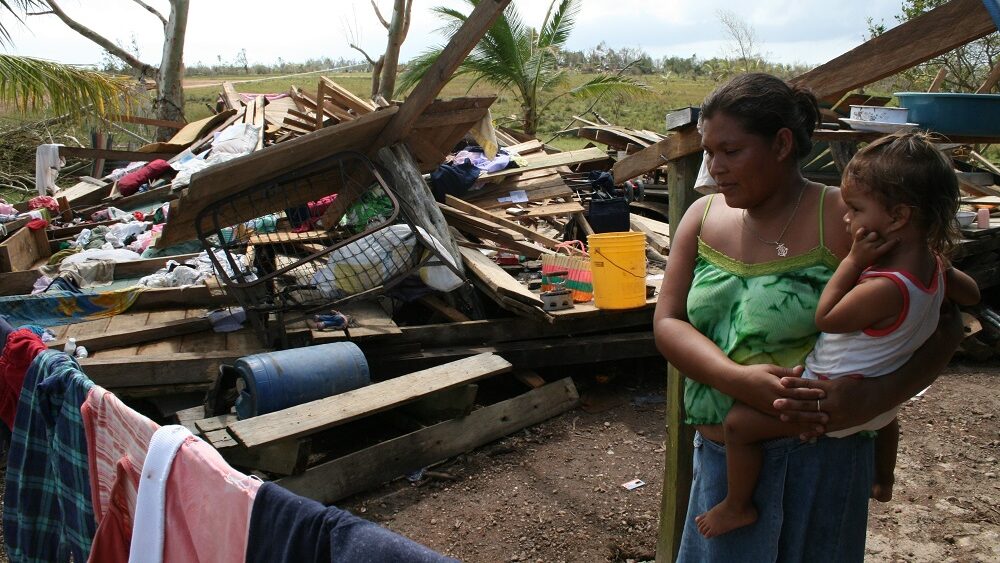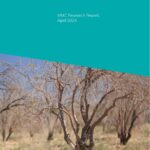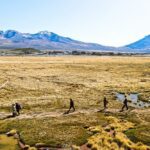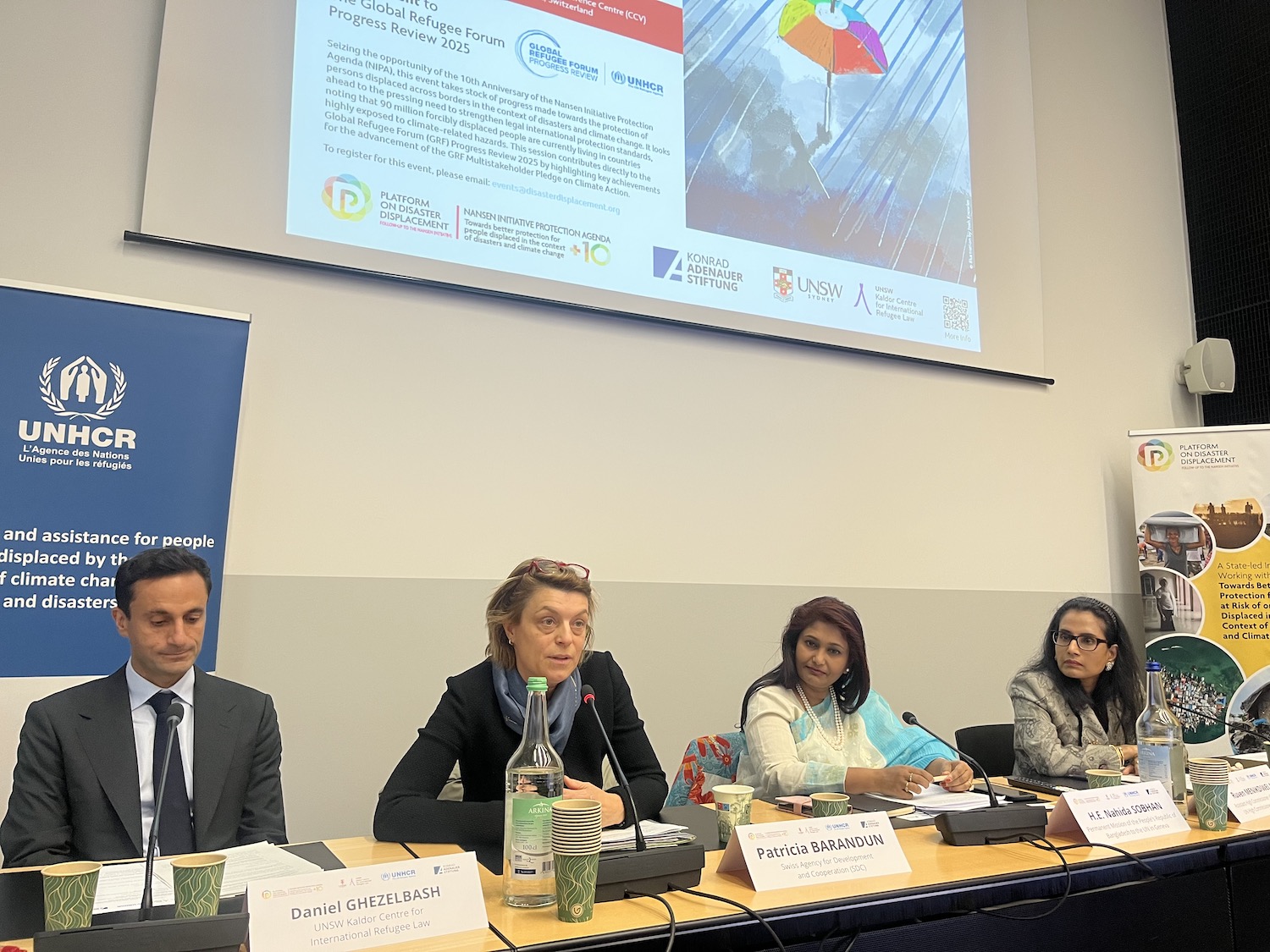Virtual Consultation on Migration and the Environment in the Americas

26 November 2024: The Organization of American States’ (OAS) Committee on Migration Issues (CAM) held a pivotal virtual consultation on the intersection of migration and environmental issues. Costa Rica, serving as the Chair of CAM led this session, which brought together diplomatic representatives from across the Americas to discuss the growing link between climate change, environmental degradation, and human mobility in the region.
The session was an opportunity to address emerging concerns and explore regional advancements in migration policies that integrate environmental considerations. Costa Rican Ambassador Solano, in her keynote address, highlighted the multifaceted nature of migration, emphasizing how climate change and environmental factors are increasingly influencing migration decisions. Ambassador Solano underscored the urgency of a multilateral approach to address the complex drivers of migration, which includes not only climate change but also economic, social, and political factors.
Representatives from Guatemala and El Salvador presented recent developments in their national migration policies that now explicitly incorporate the impacts of climate change and human mobility. A key highlight was El Salvador’s national migration mechanism, which has been expanded to include a new sixth area focused on migration and climate change, reflecting the growing recognition of the need for integrated policy responses.
The session also brought attention to the issue’s significance for Colombia, which currently holds the chairmanship of both the South American Conference on Migration (CSM) and the Global Forum on Migration and Development (GFMD). For Colombia, addressing migration and environmental issues is a central component of its work plan, and the session allowed for an exchange of best practices in this area. Earlier this year, the PDD and IOM organized a workshop on consular protection of migrants in countries in crisis, including disasters in Bogotá has part of Colombia’s workplan in 2024.
The virtual event also benefited from the support of the Platform on Disaster Displacement (PDD), whose intervention emphasized key advancements in multilateral cooperation, challenges for human rights, and the importance of continued interinstitutional collaboration. The PDD also called for strengthened cooperation among OAS member states to address the growing challenges of displacement due to environmental reasons and its human rights implications.
Canada’s representation highlighted several projects financed through the International Organization for Migration (IOM) in countries such as Mexico, aimed at addressing the root causes of migration. These initiatives notably include efforts focused on climate change adaptation, underscoring Canada’s commitment to tackling the interconnected challenges of migration and environmental sustainability.
A meaningful portion of the session was dedicated to presentations from the Inter-American Commission on Human Rights (IACHR), which provided a detailed overview of the work of its Rapporteurship on Economic, Social, Cultural, and Environmental Rights (REDESCA), and from the South American Environmental Migration Resolution (RESAMA), which focuses on the protection and rights of environmentally displaced populations in the region.
As the consultation concluded, it was mentioned that ongoing work towards a resolution will be submitted for approval to the OAS Member States which will guide further action and cooperation in addressing the nexus between migration and environmental issues.
This virtual consultation marks a crucial moment in regional dialogue on migration, environmental sustainability, and human rights, paving the way for continued collaboration among OAS member states in tackling these interconnected challenges. The session was supported by the Department of Social Inclusion of the Organization of American States (OAS).







